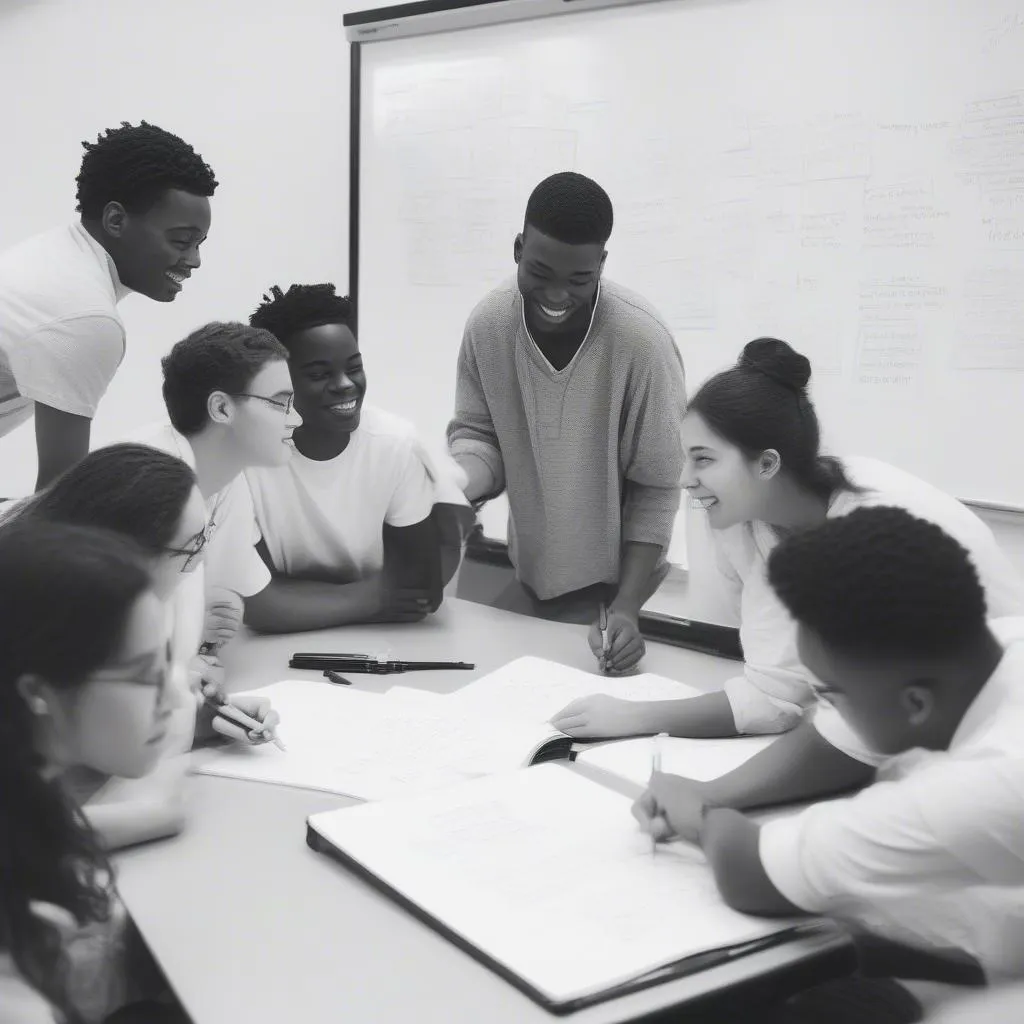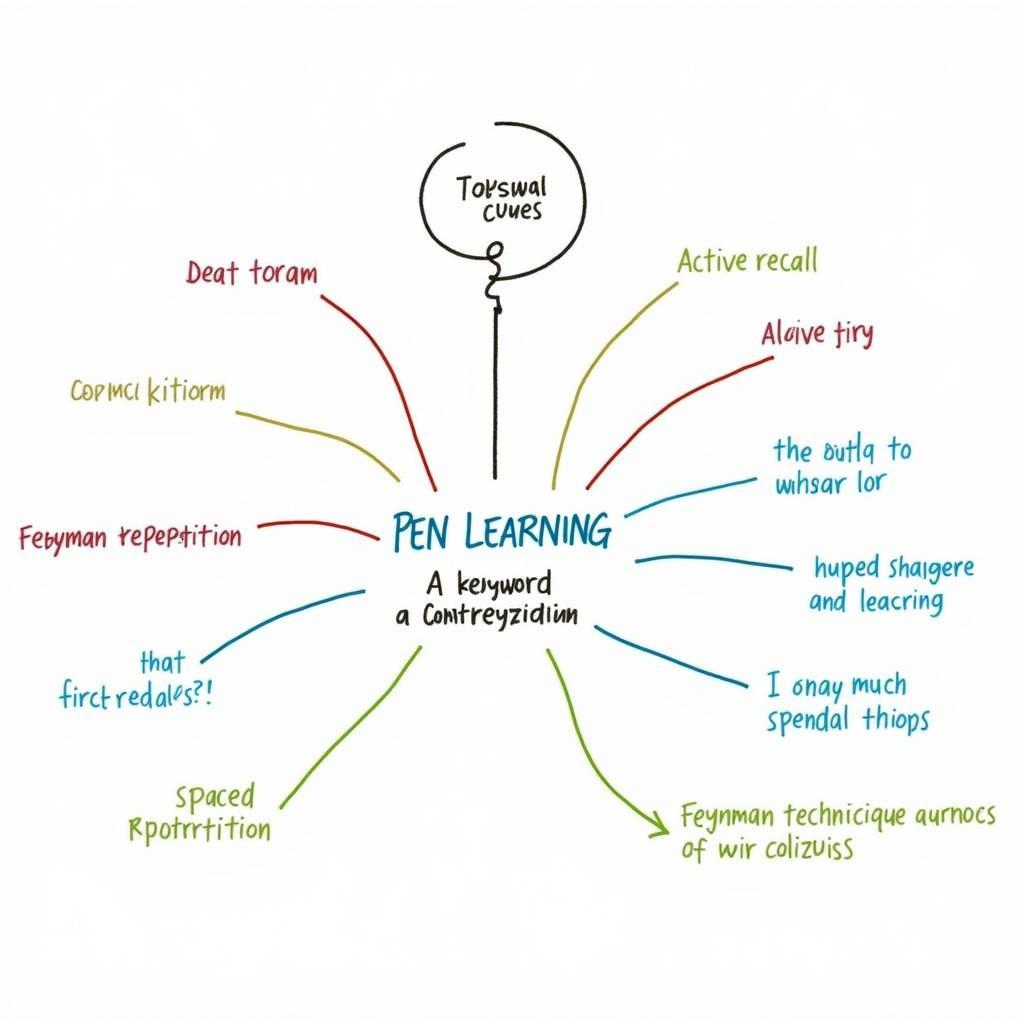“Learning Literature is like sharpening a knife; the more you sharpen, the sharper it becomes.” This old proverb speaks volumes about the importance of studying Literature in the journey of conquering knowledge. But with the pressure of entrance exams, how can you study Literature effectively, achieve high scores, and succeed?
Why is Studying Literature Important?
Literature is a mirror reflecting life, a vast treasure of knowledge that helps us cultivate thinking, enhance expression skills, and nurture our souls. Studying Literature well will help you:
- Master knowledge and skills in analyzing literary works, understanding their content, art, and meaning.
- Develop logical thinking, analysis, and information synthesis skills, knowing how to express ideas clearly and engagingly.
- Train communication and persuasion skills, confidently expressing yourself in various communication situations.
- Enhance cultural literacy, helping you become knowledgeable, responsive, and empathetic.
Secrets to Conquering High Scores in Literature Entrance Exams
1. Create a Scientific Study Plan
“With a plan, even difficult tasks become easy.” Creating a study plan is the first and most crucial step to conquer Literature. Break down your goals, clearly define the content to be learned in each phase, and allocate reasonable time for effective revision.
- Phase 1 (Kick-off): Focus on basic knowledge, review core concepts, and practice fundamental skills like reading comprehension, paragraph writing, and essay writing.
- Phase 2 (Advanced): Practice challenging question types, analyze complex literary works, enhance essay writing skills, and practice taking mock exams.
- Phase 3 (Comprehensive Review): Review all knowledge, correct mistakes, refine exam-taking skills, and confidently prepare for the entrance exam.
2. Master Foundational Knowledge
Learning Literature is like building a house; you need a solid foundation to build tall and sturdy floors.
- Understand Grammar and Vocabulary: Mastering grammar is essential for writing grammatically correct essays, using words accurately, and avoiding errors. Focus on reviewing basic grammar concepts, enriching your vocabulary, and reading extensively to improve your word bank.
- Understand Literary Works: Grasp the content, main themes, meanings, genres, language, and artistry of key literary works in the curriculum. Read the works carefully, note down key points, and record your personal feelings about each work.
3. Practice Exam Skills
“Diligence can turn iron into needles.” Exam-taking skills play a decisive role in exam results. Practice exam skills systematically, focusing on core skills:
- Reading Comprehension: Understand the question thoroughly, analyze the issue posed, answer questions accurately and clearly, and argue logically.
- Paragraph Writing: Practice writing paragraphs according to the question’s requirements, knowing how to develop ideas, use precise vocabulary, and use creative and engaging sentences.
- Essay Writing: Practice writing argumentative essays, narrative essays, and expressive essays. Practice outlining, writing compelling introductions, body paragraphs, and conclusions.
4. Practice Regularly
“Practice is the path to success.” Regular practice helps you consolidate knowledge, improve exam-taking skills, and confidently approach the exam.
- Do Exercises in Textbooks and Workbooks: Doing exercises regularly helps you master knowledge and practice exam skills.
- Take Mock Exams: Taking mock exams helps you become familiar with the exam structure, manage time effectively, and practice exam-taking skills under time constraints.
- Participate in Tutoring and Exam Prep Sessions: Participating in tutoring and exam prep sessions helps you absorb knowledge from experienced teachers and exchange exam-taking experiences with classmates.
Important Notes When Studying Literature
- Find Inspiration: Read newspapers, watch movies, listen to music, and explore social issues to find inspiration for writing.
- Note Down Good Sentences and Deep Thoughts: Record good sentences and insightful thoughts you read to inspire your writing.
- Cultivate Independent Thinking: Think independently, analyze, and synthesize information to form unique ideas that bear your personal mark.
- Practice Writing Regularly: Write frequently, write a lot, and write diversely to train writing skills, enhance expression, and showcase personality.
- Seek Feedback from Teachers and Friends: Share your writing with teachers and friends to receive valuable feedback and suggestions.
Belief and Determination
“Being sure is halfway to success.” Belief and determination are the motivation to overcome difficulties and challenges in the process of studying Literature. Believe in yourself, strive your best, and you will conquer Literature and achieve success in the entrance exam.
Frequently Asked Questions
- How to write a good paragraph?
Focus on: Outlining, using appropriate sentences, vocabulary, and rhetorical devices to create appeal and engagement for the paragraph.
- How to memorize a literary work?
Combine multiple methods: Read for understanding, take notes, re-present the content in your own way, and explore related knowledge.
- How to write a good argumentative essay?
Focus on: Building strong arguments and evidence, logical reasoning, using appropriate vocabulary and rhetorical devices to create persuasiveness for the essay.
Conclusion
Studying Literature is not just a path to conquering high scores but also a journey to cultivate the soul and nurture character. Be persistent, strive hard, and you will achieve success in your studies and life.
 Students studying literature effectively
Students studying literature effectively
 Students celebrating success in literature exam
Students celebrating success in literature exam
 Students practicing writing literature essays
Students practicing writing literature essays
For any questions about how to study Literature for entrance exams, please contact us via phone number: 0372888889 or visit us at: 335 Nguyen Trai, Thanh Xuan, Hanoi. Our 24/7 consultant team is ready to support you!
